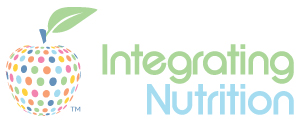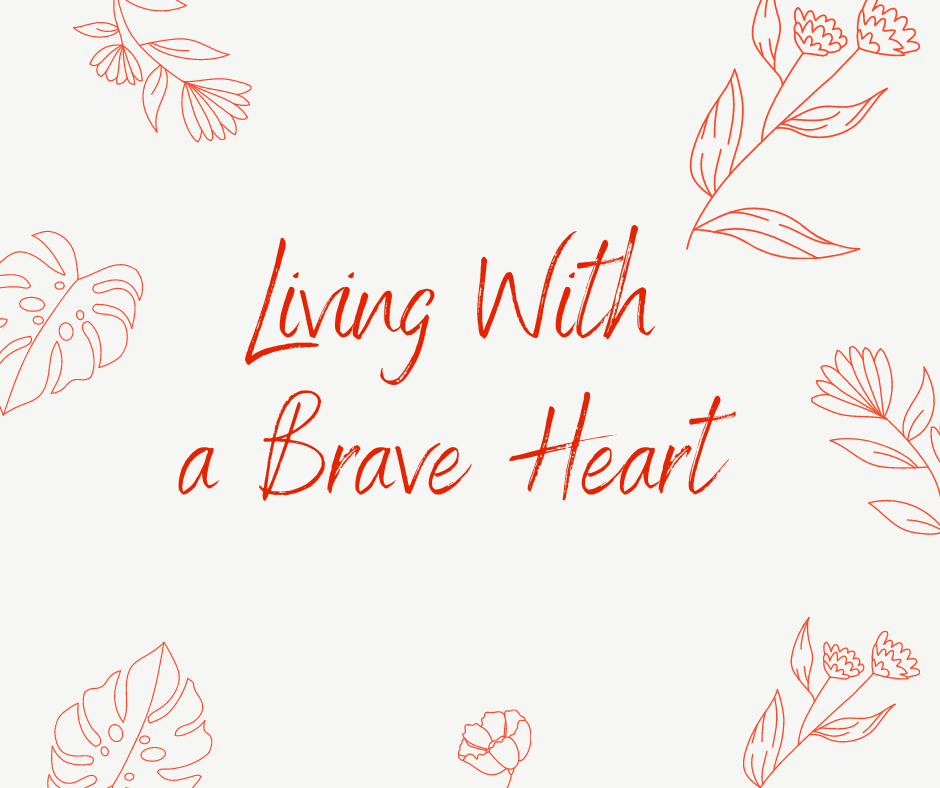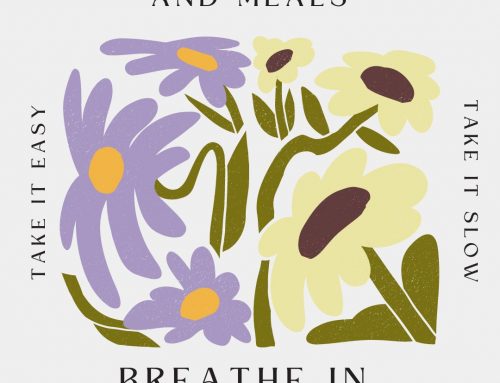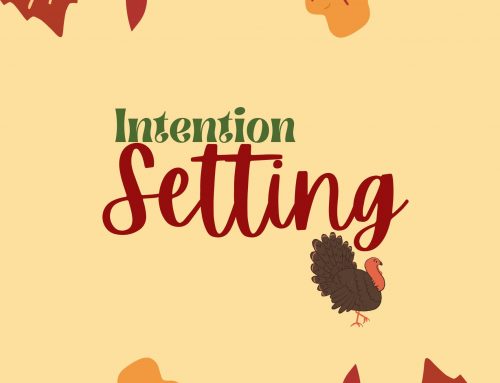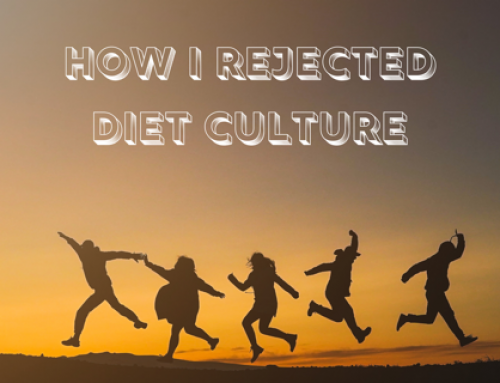The running theme of this blog for the year 2021 has been flexibility. In a way, using flexibility as a theme is almost a little too simplistic. After all, don’t just about all self-help blogs have an element on how to release attachment from unhelpful things?
But in doing a deeper dive into the value of flexibility—or for that matter, non-attachment—we can embrace some critical strategies toward living our best lives.
WHAT SELF-STIFLING ATTACHMENTS ARE YOU UNAWARE YOU HOLD?
Over time, certain things tend to set in our minds much like concrete. Our ideas become fixed about what we like or don’t like, what we can do or can not do, what our self-imposed limitations are. Very often, our identity becomes enmeshed with ideas about us and our world.
But these convictions are often not accurate.
We are not our traumas, or our disappointments, or our worst mistakes, or our regrets. We are not the judgements of others. We are not our struggles. We are not the physical limitations that might plague us. We are not the baggage heaped upon us by pop culture, or by the dominant culture, or by diet culture, or by fashion culture or by any other social structure that defines our day-to-day environment.
We may choose to dance to the music around us, but we are not the music.
We aren’t even the dance.
WE ARE SOMETHING MORE ESSENTIAL
We are our personal integrity expressed for its highest good.
We are our capacity to love without fear, even though actually reaching out might be difficult at times.
We are our resilient souls that try to shine the best they can, even though they may miss the mark more often than we’d like.
We are the sacred, pure magnificence we embodied as small children, before the world and experience required us to construct regrettable coping mechanisms as armor to get us through difficult days.
We are the freedom that might be found in our resilient vulnerability.
We are the magic that allows us to open up our hearts one time more than our hearts had shut down.
The word that comes to mind as I consider all this is “brave.” And by brave I’m not thinking about the fortitude it might take to slay a dragon—though many metaphorical dragons probably have it coming.
I’m talking about the simple bravery required to become more of who we would be. I’m talking about the gentle daring it takes to slowly expand our comfort zones.
A modest example: as a food therapist (and a parent) I often have had to encourage people of all ages to be open to foods that they resolutely refuse to even try. Of course in most cases, once they try the food in question they usually like it. And when they don’t like it, they at least have had the experience of successfully trying something new and then making up their own minds.
AVOIDANCE STOPS YOU FROM CONFRONTING THOSE THINGS THAT MIGHT BE LIMITING YOU… AND FROM LEARNING ABOUT YOURSELF
There are things that we know would make our lives better in the long run… despite the fact that engaging with these things may make us uncomfortable in the short run.
It is only natural that we tend to avoid things that make us uncomfortable, to say nothing of the things that we are afraid of. Anxieties, whether minor or insurmountable, play a significant part in governing our behavior. If we are unmindful of our anxieties, we may accept the behaviors those anxieties trigger as natural and part of us. Yet if we acknowledge what is triggering our feelings of reluctance, we are more likely to consider the benefits of facing the things we had been avoiding.
EXPOSURE VERSUS AVOIDANCE
Trying to protect ourselves by avoiding the things that we need to change does little to truly protect us. In fact, the thing that we are avoiding will likely only loom larger as time goes on—and may very well be the exact thing we are forced to confront at some future point anyway.
Proactively allowing ourselves to at least be exposed to something we’d rather ignore helps us process our fears. It allows us to begin to face uncomfortable truths, to take cautious steps out of our comfort zones. It releases our attachment to the denials that had been holding us back. Allowing exposure serves as a kind of inoculation, making the apprehension of a challenge less terrifying. Finally acknowledging that something must be faced—even reluctantly—is a critical first step in transcending limitations for our highest good.
THE KEY, ONCE AGAIN, IS MINDFULNESS
There is an expression going around that says that the word “FEAR” can be read as an anagram of “False Expectations Appearing Real.” While I have some doubts as to whether that is totally true, it does suggest something that is true. It suggests that many of the things we reflexively refuse to face are more overwhelming in concept than reality. It suggests that if we open our hearts and minds to the facts of a thing, rather than our fears of it, we can move forward. Embracing the “what is” rather than the stories we tell ourselves about the worst things that might be.
The courage to open our hearts and minds just takes a bit of mindfulness.
But then again, doesn’t everything worth doing take a bit of mindfulness?
